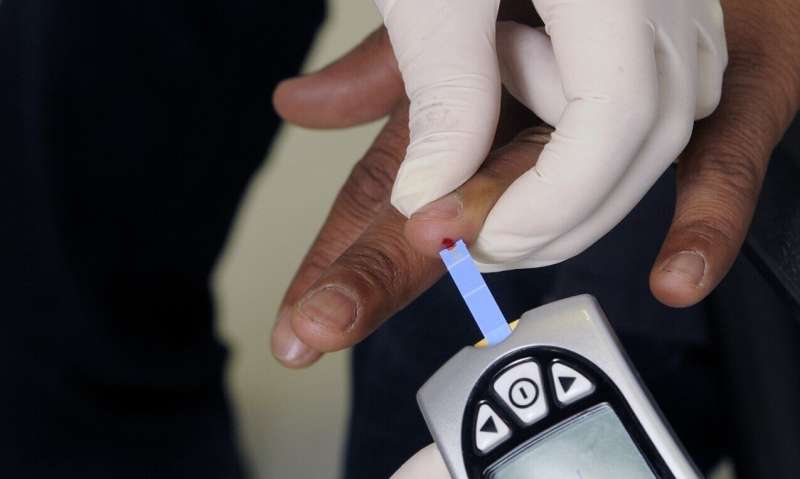#Q&A: Medications for high cholesterol

“#Q&A: Medications for high cholesterol”

I have high cholesterol, but I can’t take statin drugs. Are there any new medications that I should consider?
Cholesterol is a waxy substance that’s found in the fats in your blood. When you have too much cholesterol, you can develop fatty deposits, or lipids, in your blood vessels that can make it difficult for blood to flow through your arteries. An estimated 29 million adults in the U.S. have high cholesterol.
While medications known as statins are common for people with high cholesterol, many people find they cannot tolerate statins, so don’t feel like you are alone. The good news is that there are several alternatives to statins that may lower your blood lipids.
Ezetimibe is an oral agent that has been approved in the U.S. for many years. It can lower low-density lipoprotein, which is known as LDL or “bad” cholesterol. It is taken once daily with or without food. Although not relevant in your case, Ezetimibe also has been shown to reduce the risk of recurrent heart attack, stroke or death from heart disease when added to a statin drug in patients who have suffered a recent acute coronary syndrome.
Ezetimibe works by blocking certain receptors in the intestine where cholesterol is absorbed. It lowers the cholesterol content in the liver, which prompts the liver to remove cholesterol from the bloodstream to re-establish its own stores of cholesterol. As a result, the LDL value is lowered, typically 15%-25%. It is well-tolerated and has few side effects like muscle aches and pains.
Recently, the Food and Drug Administration (FDA) approved a second nonstatin, bempedoic acid, to lower LDL and overall cholesterol. Bempedoic acid is an oral agent taken once daily with or without food. It works by blocking the synthesis pathways that allow cholesterol to develop but at a different point in the process than statins. Bempedoic acid has been shown to lower LDL about 15% in patients studied in clinical trials. The drug is approved only for patients with a family history of high cholesterol or who have established atherosclerotic cardiovascular disease that requires LDL to be lower.
There are also therapies that can be administered as injections instead of requiring daily oral administration as pills. These agents alter a protein—PCSK 9—that interacts with the LDL receptor on the surface of the liver.
Two additional options—evolocumab and alirocumab—are available for patients who have a family history of high cholesterol or existing atherosclerotic cardiovascular disease that requires LDL to be lower. These medications are injected, typically once every two weeks, although one can be infused subcutaneously monthly, if desired. These therapies are monoclonal antibodies—manmade proteins that are similar to the PCSK 9 protein—and they basically bind the protein so that it is not allowed to interact with LDL. This dramatically lowers LDL values, typically greater than 50% from baseline. These therapies have been shown to be well-tolerated and have few side effects.
The FDA is reviewing a third therapy that may offer benefit if approved. It would be available via injection every six months and would be part of a new class of medications known as RNA silencing agents.
Though it can feel like an uphill battle some days, finding and staying on a cholesterol treatment is important. Data consistently show that lowering LDL as much as possible can reduce your risk for heart attack and stroke.
Schedule time with your health care provider to discuss your concerns, and share the side effects that were most bothersome to you while using statins. Ask your health care provider about the best available options to treat your cholesterol beyond statin agents. Together, you should be able to select a therapy that is acceptable to you both.—Dr. R. Scott Wright, Cardiovascular Disease, Mayo Clinic, Rochester, Minnesota
How cholesterol affects your heart
©2021 Mayo Clinic News Network
Distributed by Tribune Content Agency, LLC
Citation:
Q&A: Medications for high cholesterol (2021, February 16)
retrieved 17 February 2021
from https://medicalxpress.com/news/2021-02-qa-medications-high-cholesterol.html
This document is subject to copyright. Apart from any fair dealing for the purpose of private study or research, no
part may be reproduced without the written permission. The content is provided for information purposes only.
If you liked the article, do not forget to share it with your friends. Follow us on Google News too, click on the star and choose us from your favorites.
For forums sites go to Forum.BuradaBiliyorum.Com
If you want to read more Like this articles, you can visit our Science category.




